Look for the full essay with additional photos in the September 2014 issue of Anthropology Now.
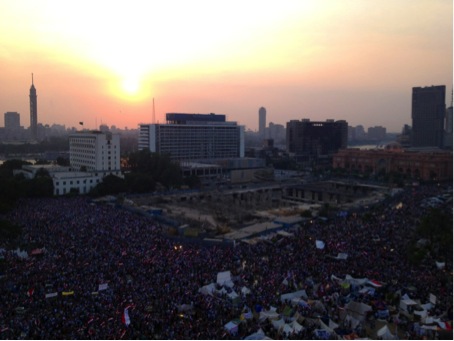
by Maria Frederika Malmström
In this new project, part of an extensive study about materiality, affect and transformative politics in Egypt, I explore the absence of sound in the floating landscape of Egypt. Scholars have discussed the role of sound in relation to the uprisings in North Africa, but I will focus on its notable absence during my fieldwork in Cairo after the ousting of President Mohamed Morsi in July 2013.
Voice memo from Midan Tahrir, 6:24 pm, July 3, 2013, see below:
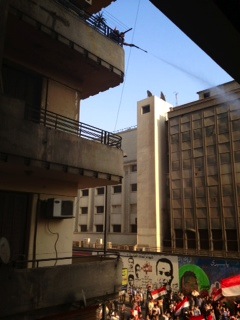
Photo Copyright: Maria Frederika Malmström.
To experience Cairo empty, dark and silent during curfew was a total contrast to each moment of my previous interactions with the place and its people. A city I had experienced for more than eleven years was not familiar to me anymore. It was a new urban terrain, a ghost metropolis. I had a sense that everything was floating. It was difficult to orient oneself in the “new” capital of Egypt. We could not navigate, not only because of security risks, but because everything had transformed in relation to sight, scent, hearing, touch and taste. The Cairenes I hung out with that summer described the effects of the urban scene as being “lost in space.”
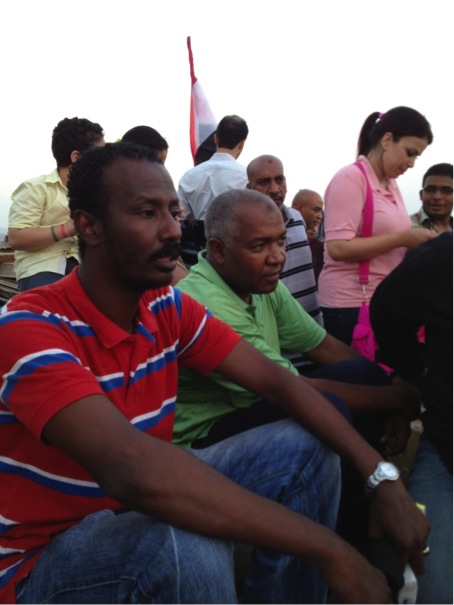
Here I focus on how Cairene women and men from different generations, most often well-educated and with different orientations in relation to Islam, understand and respond to the unfolding dynamic processes in Egypt in the aftermath of the 2011 uprisings as well as today’s instabilities. They are mostly poets, writers, journalists, actors and dancers with various (most often unstable) incomes, often working at something other than their vocations to be able to survive. These Cairene women and men are, in their own view, critical, left-oriented and politically aware, sometimes referring to themselves as “cultural people/intellectuals.” By focusing on the body, the senses and public affect, I reflect on the role of immediate and experience-based forces in transitional Egypt, exploring what Brian Massumi labels ‘the autonomy of affect’, and what I call affective politics. I want to investigate how these forces impact the sense of belonging and desire for comfort in times of chaos and political instability. How is the body involved? How are people able to grasp those inner things? Is it possible? And finally, how does politics feel?
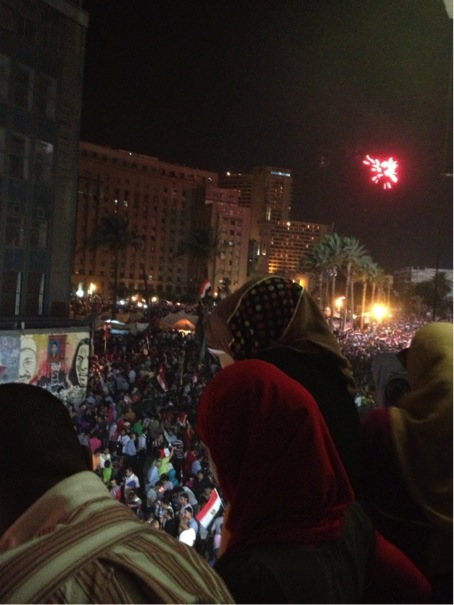
Studying affective politics materialized as emotions might be considered a bit marginal, especially in relation to understanding politics on the macro-level and radical changes in the geo-political map. I believe that understanding politics must include the materiality of affects, tangible manifestations of emotions such as fear and passion. My goal is to further understanding of human actions in ways that are not mediated by language.
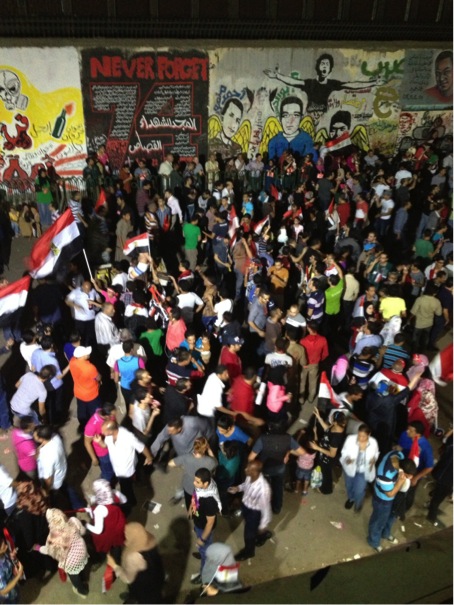

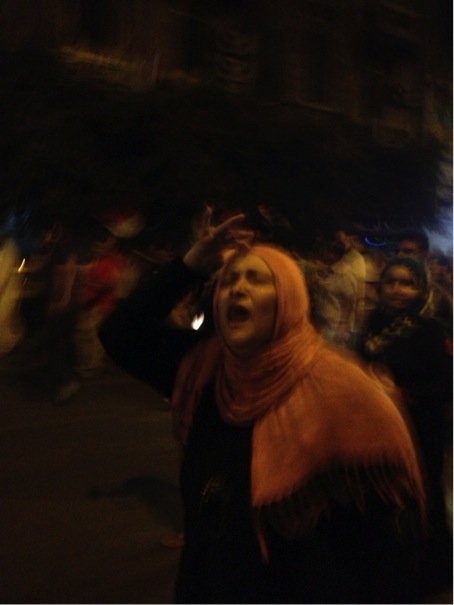

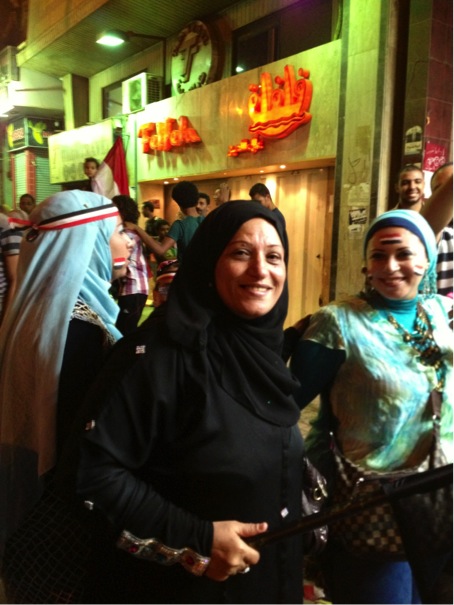

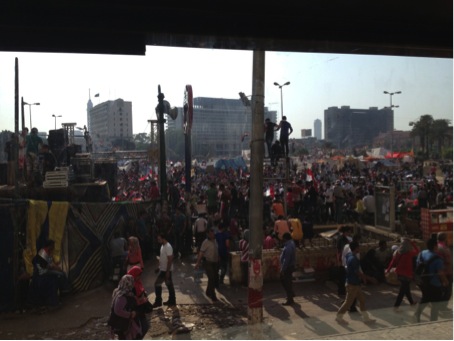

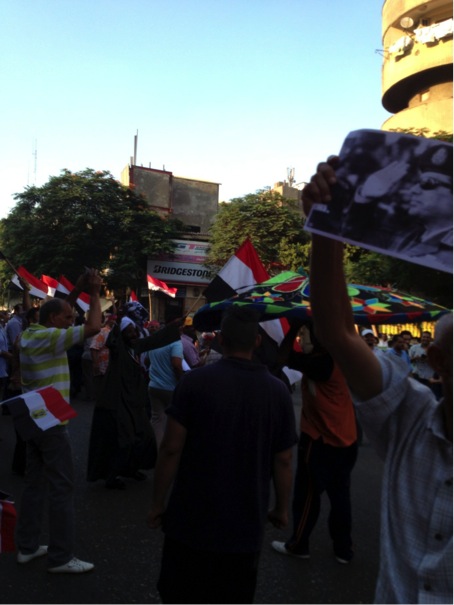
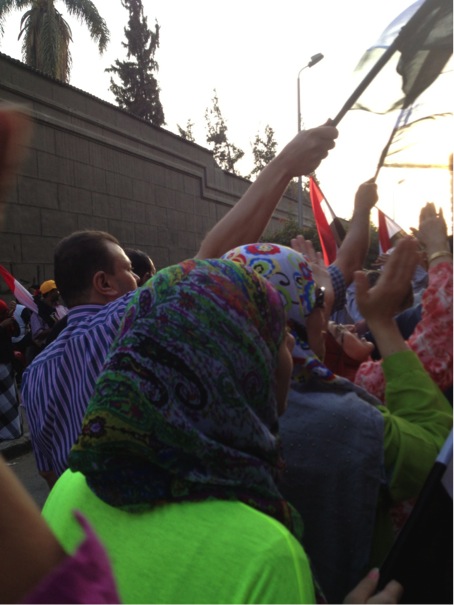

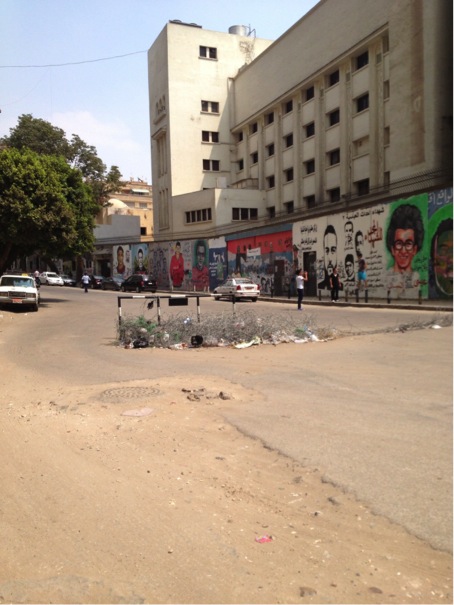
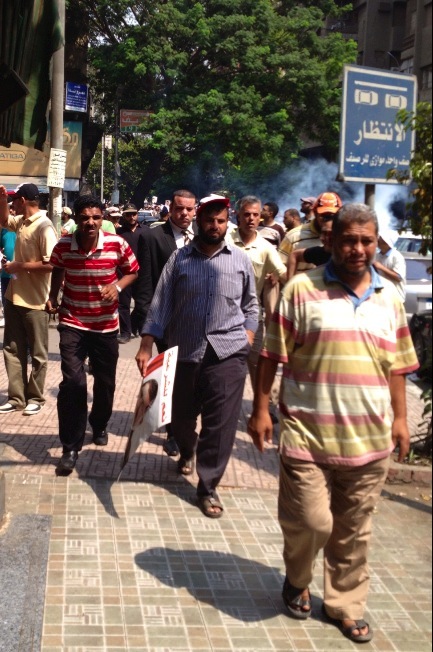
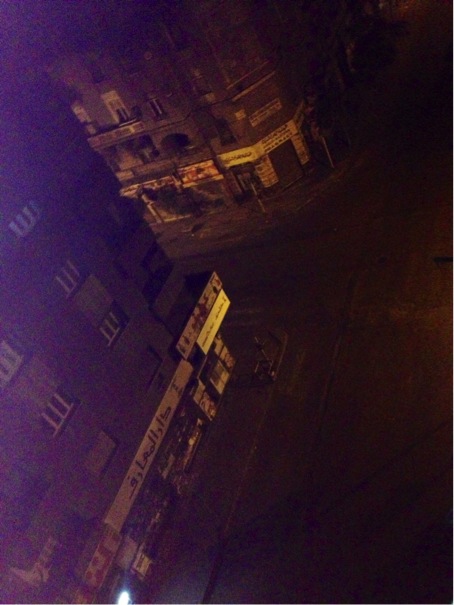


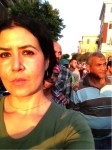 Maria Frederika Malmström holds a doctorate in Social Anthropology from the School of Global Studies, Social Anthropology, University of Gothenburg. She is a Senior Researcher for North Africa in the Conflict, Security and Democratic Transformation cluster at the Nordic Africa Institute in Uppsala, Sweden. She is also a visiting scholar at New York University, working from 2010-2012 in the Center for the Study of Gender and Sexuality and from 2012 in Performance Studies at the Tisch School of the Arts. Malmström worked previously as a Senior Lecturer at the Department of School of Global Studies at University of Gothenburg, Sweden, and at the Department of Cultural Studies, University West, Sweden. Additionally, she is a gender consultant for UNFPA and UNICEF and a member of several academic and policy networks. Her fieldwork experiences in Cairo, ongoing for more than a decade, have allowed her to experience both continuity and change during these years.
Maria Frederika Malmström holds a doctorate in Social Anthropology from the School of Global Studies, Social Anthropology, University of Gothenburg. She is a Senior Researcher for North Africa in the Conflict, Security and Democratic Transformation cluster at the Nordic Africa Institute in Uppsala, Sweden. She is also a visiting scholar at New York University, working from 2010-2012 in the Center for the Study of Gender and Sexuality and from 2012 in Performance Studies at the Tisch School of the Arts. Malmström worked previously as a Senior Lecturer at the Department of School of Global Studies at University of Gothenburg, Sweden, and at the Department of Cultural Studies, University West, Sweden. Additionally, she is a gender consultant for UNFPA and UNICEF and a member of several academic and policy networks. Her fieldwork experiences in Cairo, ongoing for more than a decade, have allowed her to experience both continuity and change during these years.


